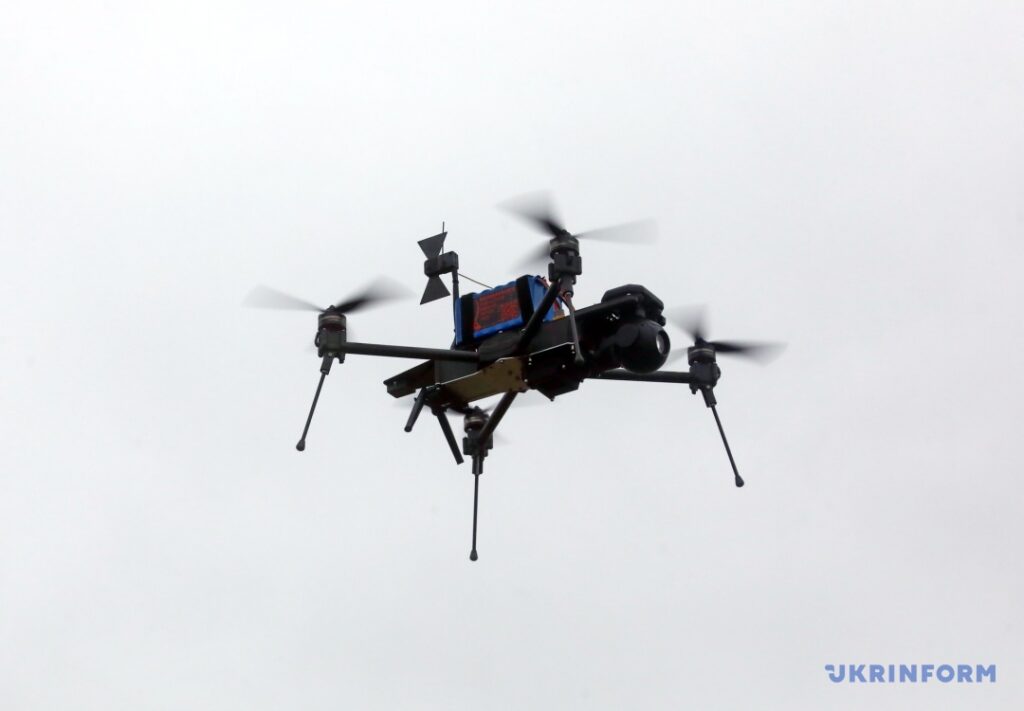Lawmakers call for intelligence assessment on ending U.S. support for Ukraine
Lawmakers want the key intelligence chiefs to assess U.S. security risks if America stops providing weapons to Ukraine and Russian wins the war. The lawmakers are pressing for a provision to be added to the National Defense Authorization Act, which the House is expected to vote on Wednesday. President-elect Trump has said that Ukraine should...

Lawmakers want the key intelligence chiefs to assess U.S. security risks if America stops providing weapons to Ukraine and Russian wins the war.
The lawmakers are pressing for a provision to be added to the National Defense Authorization Act, which the House is expected to vote on Wednesday.
President-elect Trump has said that Ukraine should “probably” prepare for less military aid coming from the U.S. when he takes office.
Under the title “Assessment of likely course of war in Ukraine,” lawmakers assign the Director of National Intelligence, Director of the Defense Intelligence Agency and the Director of the Central Intelligence Agency to deliver a report assessing the course of Ukraine’s defensive war against Russia related to U.S. assistance and repercussions on America’s adversaries.
The details of the report should include the impact of the ability of Ukraine’s military to defend against Russian aggression if the U.S. continues or withholds military and economic support; and if the U.S. maintains or withdraws permission on the use of long-range provided missiles to strike deep into Russia.
Lawmakers also want intelligence chiefs to assess the effects of a potential defeat of Ukraine by Russia on U.S. national security interests, including potential further aggression from Russia, China, Iran and North Korea.
The report is required to be submitted in unclassified form but can have a classified annex, and delivered to the House and Senate intelligence committees as well as the Armed Services, Foreign Affairs and Foreign Relations and Appropriations panels.
Lawmakers call for the report to be filed within 90 days of the NDAA being signed into law – making it unclear how input from Biden’s intelligence chiefs will be considered in the report compared to Trump’s nominees to lead intelligence posts in his administration.
Trump’s nominee for head of the office of the director of national intelligence, former Democratic congresswoman Tulsi Gabbard, is facing a difficult path to confirmation because of statements she’s made that have been seen as parroting Russian state media.
Gabbard’s 2017 meeting with now-deposed Syrian President Bashar al-Assad, who was backed by Russia, after he was accused of killing thousands of his country’s citizens has also come under scrutiny.
Trump’s nominee for CIA chief, John Ratcliffe, is viewed as a less controversial pick compared to Gabbard.
Trump has not yet nominated the director of the Defense Intelligence Agency.
Biden administration officials have committed to a smooth transition to the next Trump administration.
Trump has met with President Biden and his pick for National Security Advisor, Rep. Mike Waltz (R-Fla.) has met his counterpart in Jake Sullivan. Secretary of State Antony Blinken has said he wants to give his likely successor, Sen. Marco Rubio (R-Fla.), a strong hand coming into the department.



